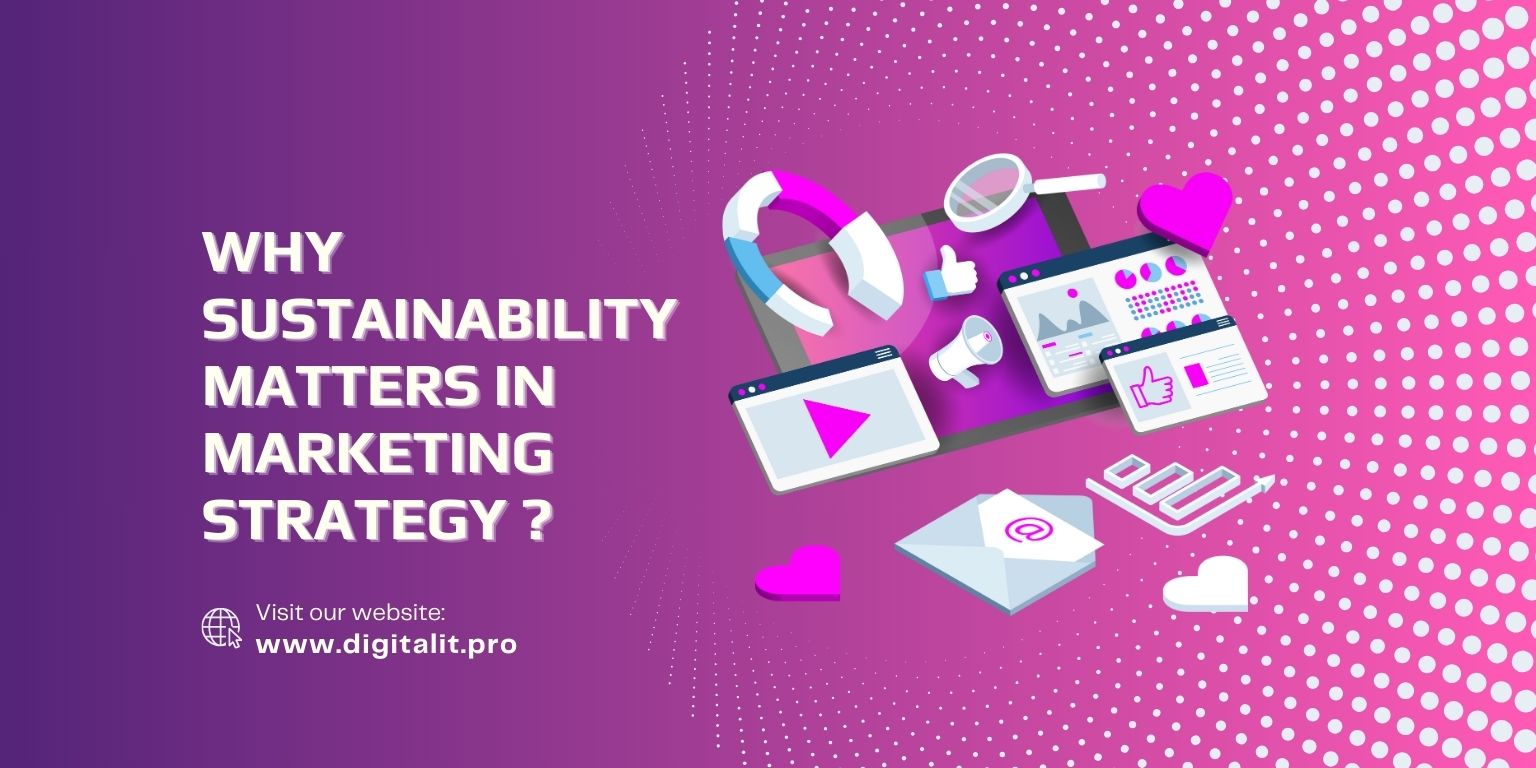Consumers are increasingly conscious of the environmental and social impact of their purchases. This shift in values has created a powerful opportunity for businesses: to leverage sustainability as a key differentiator in the marketplace.
Why Sustainability Matters in Marketing Strategy:
- Building Trust and Loyalty: Consumers are more likely to support brands that align with their values. By demonstrating a commitment to sustainability, businesses can build trust and foster long-term customer loyalty.
- Attracting Conscious Consumers: A growing segment of the population actively seeks out brands that prioritize sustainability. By highlighting your eco-friendly practices, you can tap into this lucrative market.
- Improving Brand Image: Sustainability initiatives can significantly enhance a brand’s image and reputation. Consumers are more likely to perceive sustainable brands as ethical, innovative, and forward-thinking.
- Driving Innovation: Focusing on sustainability can drive innovation within your organization, leading to the development of more eco-friendly products and processes.
How to Leverage Sustainability in Your Marketing Strategy:
- Highlight Your Efforts: Clearly communicate your sustainability initiatives to your audience. This could involve creating dedicated content, such as blog posts, videos, or social media campaigns, that showcase your commitment to environmental and social responsibility.
- Transparency is Key: Be transparent about your sustainability practices. Share data on your environmental impact, such as your carbon footprint or waste reduction efforts.
- Partner with Sustainable Organizations: Collaborate with other organizations that share your commitment to sustainability. This could involve partnering with environmental charities, supporting local communities, or working with suppliers who prioritize ethical and sustainable practices.
- Encourage Customer Participation: Engage your customers in your sustainability efforts. For example, you could offer incentives for recycling, promote eco-friendly product choices, or encourage customers to participate in volunteer activities.
In today’s evolving marketplace, sustainability is no longer just a trend; it’s a necessity. By embracing sustainable practices and effectively communicating your commitment to environmental and social responsibility, businesses can build stronger brands, attract loyal customers, and contribute to a more sustainable future.


Leave a Reply